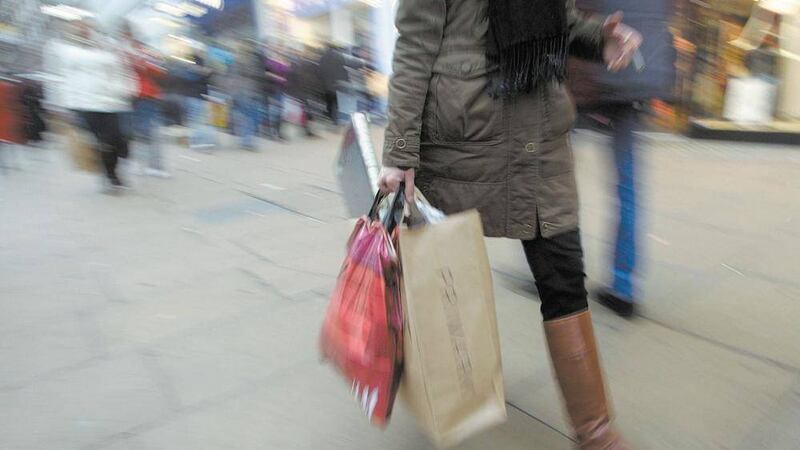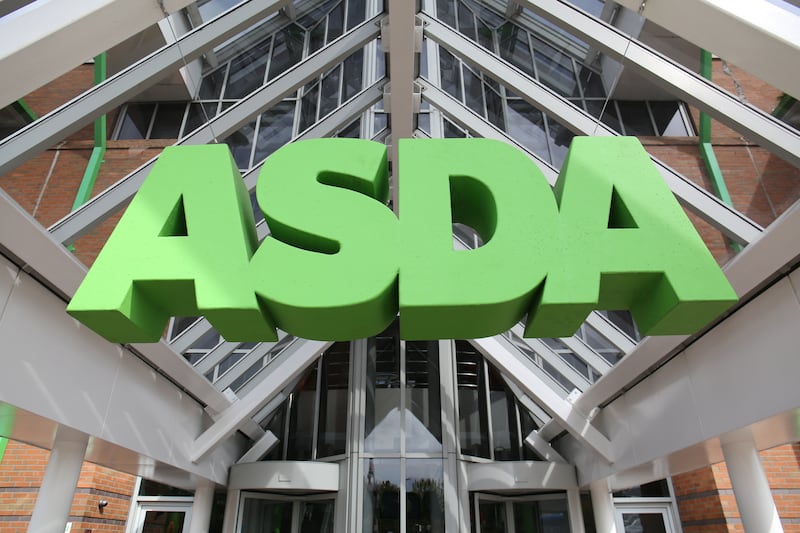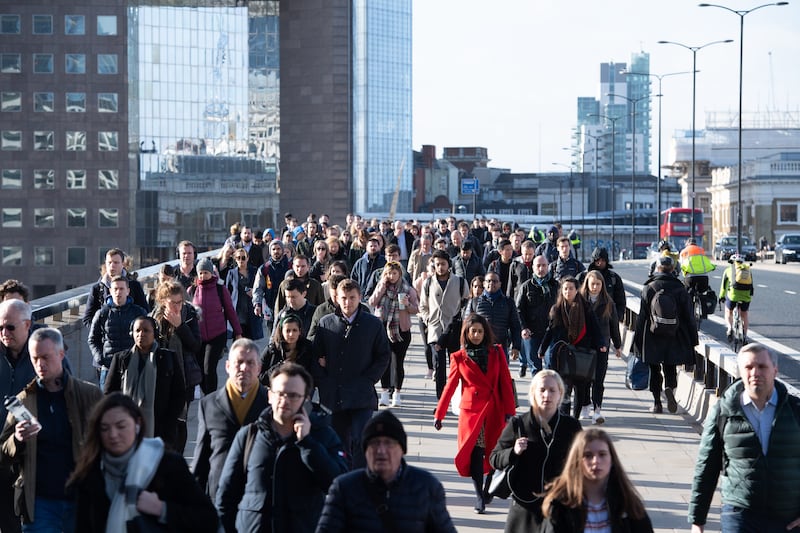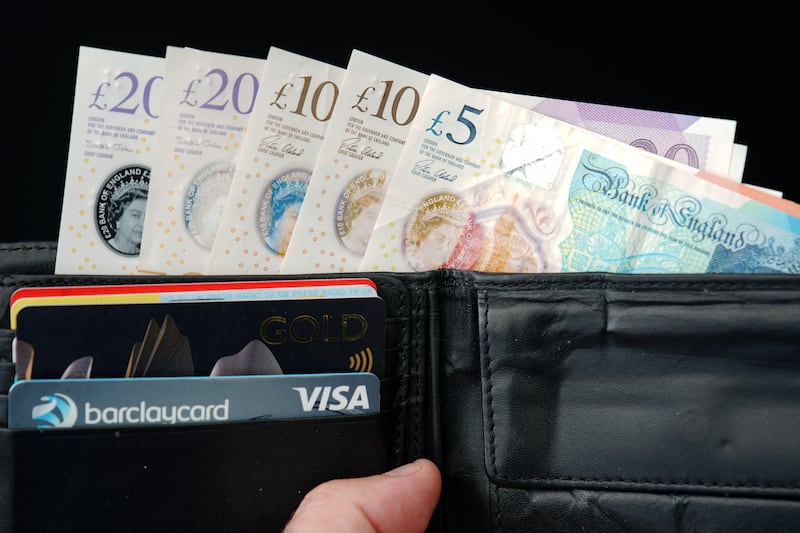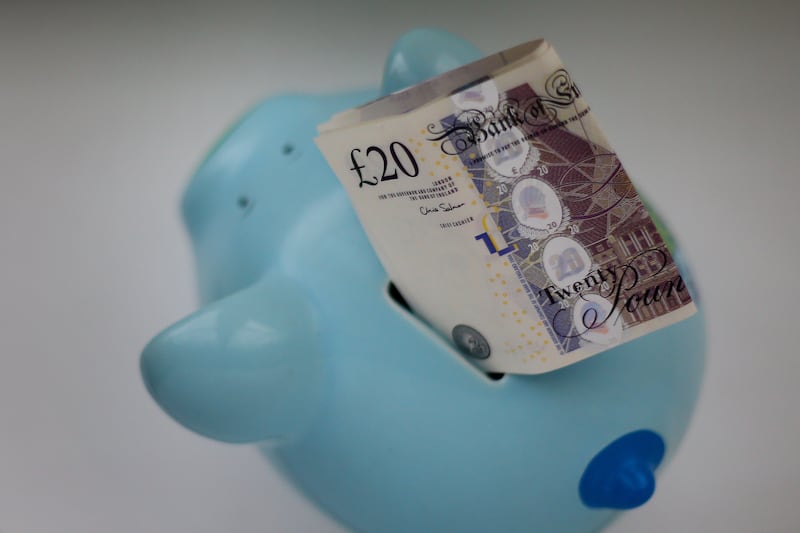THE UK's dip into negative inflation is set to have lasted just a month, with official figures published today expected to show it turned positive again in May.
The Consumer Price Index (CPI) measure of inflation fell to minus 0.1 per cent in April, the first time it has fallen below zero since 1960.
Figures for May to be published by the Office for National Statistics (ONS) are forecast to show a positive reading of 0.1 per cent - still very low but the first time it will have turned higher since last October.
Vicky Redwood, chief UK economist at Capital Economics, said: "May's inflation figures should show that deflation in the UK lasted for just a month.
"Admittedly, this would not mean that the risk of a prolonged period of low inflation has suddenly disappeared.
"However, we still think that the chances of this are quite low."
Prices have been held down by the supermarket price war and the lower cost of petrol amid a plunge in the world oil price.
But the Bank of England has said it expects CPI to pick up "notably" towards the end of this year as these effects fade.
Low inflation is good for consumers because it means wage rises are worth more in real terms.
A new report from the Resolution Foundation predicts that official employment data - published by the ONS a day after the inflation figures - will show real wages growing at their fastest rate for eight years.
But despite this positive effect of low inflation, a return to price rises will be welcomed by policy-makers.
That is because it will allay fears that the economy could sink into a damaging spiral of falling prices - delaying spending and investment and making the real cost of repayments on debts such as mortgages more expensive.
The pace of inflation's rise will be carefully monitored by Bank of England policy-makers as they consider the optimum time to lift interest rates from 0.5 per cent, where they have been for more than six years since the depths of the recession.
Meanwhile the number of shoppers visiting UK stores fell for the second month in a row in May, figures show.
Overall footfall was 1 per cent lower last month compared with a year ago, according to the British Retail Consortium (BRC)/Springboard Footfall and Vacancies Monitor.
Northern Ireland fared slightly better, where the footfall decline was 0.4 per cent.
Aodhán Connolly, director of the Northern Ireland Retail Consortium said: “Although we have seen a very marginal fall in footfall, we have still seen a relatively encouraging growth of 0.7 per cent over the past three months.
"Importantly our figure of a fall of 0.4 per cent in May is still out performing the UK and we were the best performing country of the UK, with Wales having a drop of 4.3 per cent.
“However the current political and economic uncertainty here could have an effect on not only consumer confidence but on long term investment decisions, because for the second time in less than a year we have seen the political process hit the pause button and this isn’t good for business.
"Many retailers have a choice over where to invest, often elsewhere in the UK or indeed internationally. Anything that makes retailers’ second guess whether they should be investing in Northern Ireland is not welcome."
